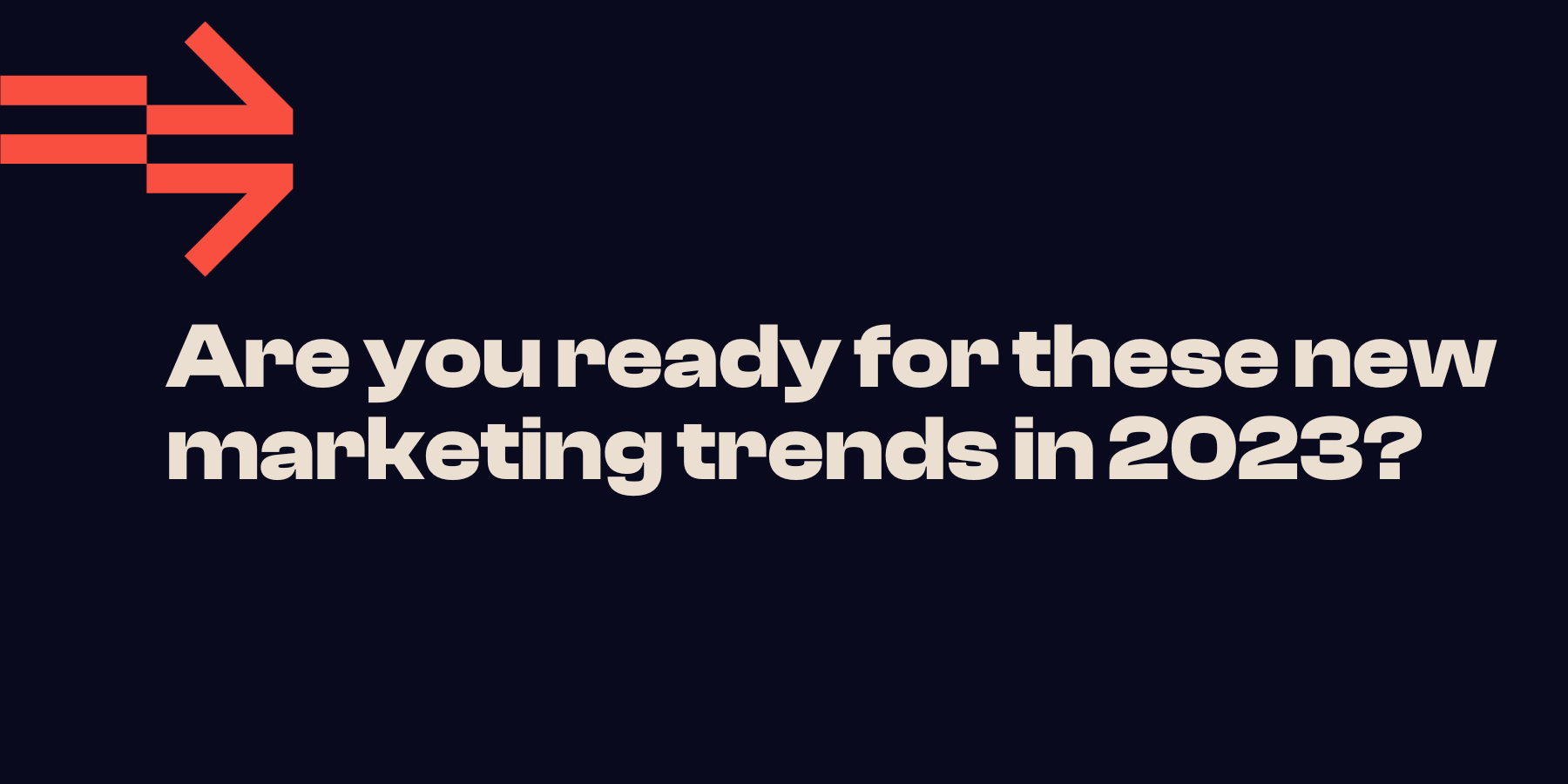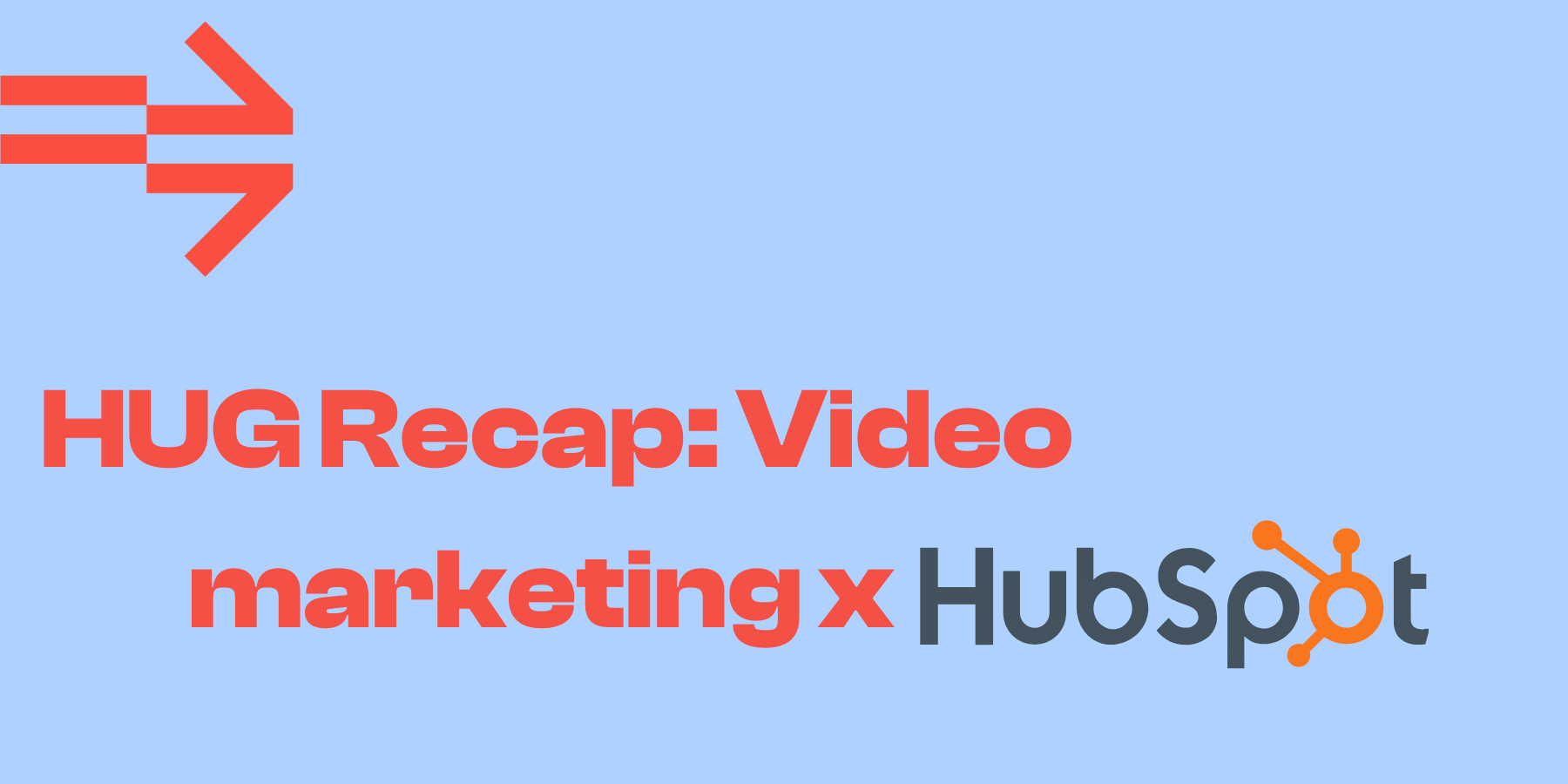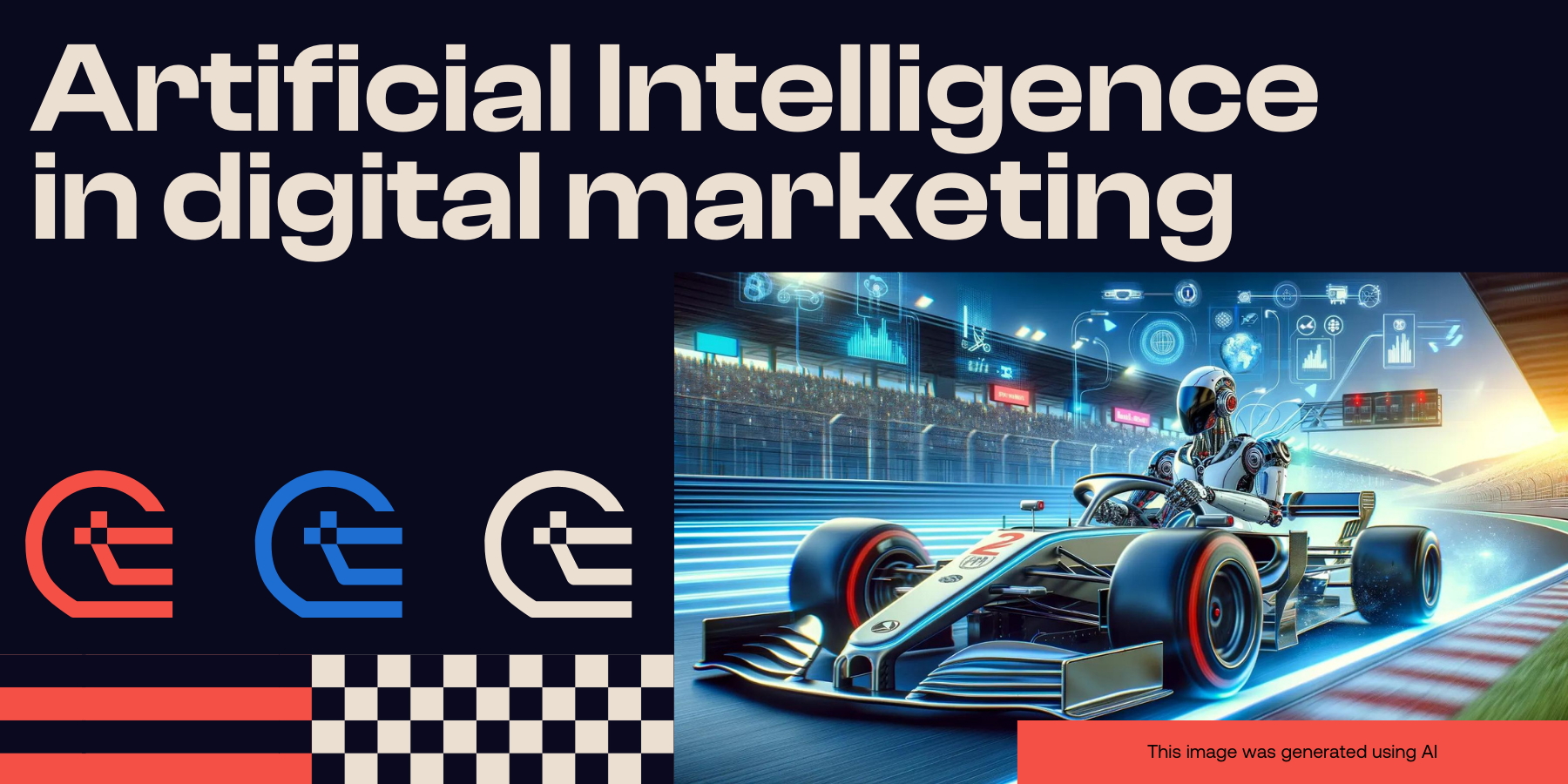Are you ready for these new marketing trends in 2023?

Last updated: 26 December 2022
Your marketing should never stand still.
Every year, something changes in the world of marketing that could leave your business languishing behind the competition.
At Refuel, we always aim to be proactive to ensure that our clients are always at the cutting edge of marketing, taking advantage of new technology and platforms.
In this blog, we dust off our crystal ball and gaze into it to see what the future holds for digital marketing trends in 2023.
Changes to SEO
As the digital marketing landscape continues to evolve, businesses are increasingly leveraging SEO strategies to capture search traffic. SEO is no longer just about churning out basic posts that answer simple search queries; it's become a complex and ever-evolving process that requires an in-depth understanding of how Google algorithms work. As such, marketers must ensure that their websites and content are as discoverable as possible — especially on Google — which can provide both long-term and short-term traffic returns.
According to recent trends, SEO is one of the top three areas where marketers will invest the most money in for 2023. In fact, 88% of marketers who have an SEO strategy will increase or maintain their investment in 2023, which is a slight uptick from the year before (84%).
This indicates that more businesses are recognizing the importance of SEO and its ability to drive organic search traffic. With this increased focus on SEO, businesses can expect to see more opportunities for optimising their content for better visibility and higher rankings on search engine results pages.
Google's helpful content
Google's recent update to its guidelines and helpful content system is a major step forward in the world of search engine optimisation. The new system is designed to help ensure that customers are able to find the information they need quickly and easily, without having to search elsewhere. This is accomplished by covering critical touchpoints and micro-moments, making sure that helpful content is readily available across all digital touchpoints.
The new algorithm works by using machine learning to continually train itself based on search result datasets. This means that it can detect low-quality pages such as those with duplicate or thin content created solely for ranking purposes, and penalise them accordingly.
In order for websites to be successful in 2023, they must ensure that their discoverable content is relevant, informative, qualitative, authoritative, and experiential. By doing this, they will be able to provide customers with the best possible experience when searching for information online.
Videos will be shorter (but we'll watch more of them)
Short-form video content is quickly becoming the go-to format for marketers looking to engage their audiences in a more efficient and effective way. With 90% of marketers planning to increase or maintain their investment in short-form video in 2023, it’s clear that this trend is here to stay.
Short-form videos are ideal for capturing the attention of online audiences with shorter attention spans, as they require less bandwidth and get straight to the point. Platforms like TikTok, Reels, and Snapchat have seen rapid growth due to their ability to deliver content quickly and effectively.
For those who may be sceptical about the effectiveness of short-form videos, consider this: when done right, these videos can be just as powerful as long-form videos in terms of conveying information about a product or service.
Additionally, short-form videos can help build brand awareness by creating an emotional connection with viewers through humour or storytelling. Ultimately, short-form video is an effective tool for engaging audiences and should be considered when developing your marketing strategy for 2023.
Personalisation is here to stay
Personalisation is the key to unlocking a customer’s heart and winning their loyalty. By leveraging data-driven insights, marketers can craft personalised messages that speak directly to customers’ needs and wants. This helps build trust and connection with customers, as they feel like the brand understands them on a deeper level.
The 2002 film Minority Report showed us a glimpse of what personalised marketing could look like in the future. In the film, Tom Cruise's character was bombarded by ads that called him by name as he walked through the city.
While this was science fiction at the time, today's technology has made it possible for digital marketing teams to create highly targeted campaigns that are tailored to each individual customer's needs. Personalisation is no longer just an idea – it's a reality that can help brands build strong relationships with their customers and drive sales.
Social media marketing for customer service
Social media is quickly becoming a go-to customer service tool for many businesses. With the rise of e-commerce capabilities on platforms like Instagram and Facebook, providing customer service on these platforms is becoming increasingly important.
This trend is especially true among younger generations, such as Millennials and Gen Z-ers. According to HubSpot's 2022 Consumer Trends Survey, 20% of Gen Z-ers and nearly 25% of Millennials have contacted a brand on social media for customer service in the past three months.
Marketers are taking note of this trend and are beginning to leverage direct messages (DMs) to offer customer support. In fact, more than a quarter of marketers already use DMs for this purpose, with 15% planning to try it for the first time in 2023. By offering customer service through social media channels, businesses can provide an efficient and convenient way for customers to get help with their inquiries or complaints. Additionally, it allows them to build relationships with their customers by responding quickly and engaging in meaningful conversations.
Artificial intelligence is growing stronger
The rise of artificial intelligence (AI) in digital marketing has been a growing trend over the last few years. AI is now being used to power almost every digital marketing channel, from social media posts to search results and even ads. This means that algorithms are determining what content consumers engage with, as well as which products and messages they are exposed to.
This shift towards AI-driven marketing has made it smarter and more efficient than ever before. By using algorithms to determine the best content for each individual consumer, marketers can ensure that their target audience is receiving the most relevant information possible. This helps to create a better customer experience, as well as increase engagement and conversions.
As such, it is important for marketers to understand how AI is impacting their digital marketing channels so that they can optimise their strategies accordingly.
Influencer marketing is growing
Influencer marketing is quickly becoming a popular marketing tactic for businesses of all sizes. In 2022, it really picked up steam and this trend is expected to continue into 2023. This is due to the fact that 89% of marketers who currently engage with influencer marketing will increase or maintain their investment next year, while 17% of marketers are planning to invest in it for the first time.
When businesses collaborate with influencers and industry thought leaders in their industry, they can benefit from increased brand awareness and gain fans from the influencer's own audience. Even if a business cannot afford to hire a celebrity influencer with millions of followers, there are still plenty of other options available. Smaller influencers can be just as effective when it comes to reaching target audiences and driving engagement. With the right strategy, businesses can leverage influencer marketing to reach new customers and build relationships with existing ones.
Want to get a flying start in 2023?
At Refuel, we always keep an eye on the horizon, so our clients can continue seeing success with their marketing.
If you need help with your marketing in 2023, feel free to book a call with our Refuel team below.






